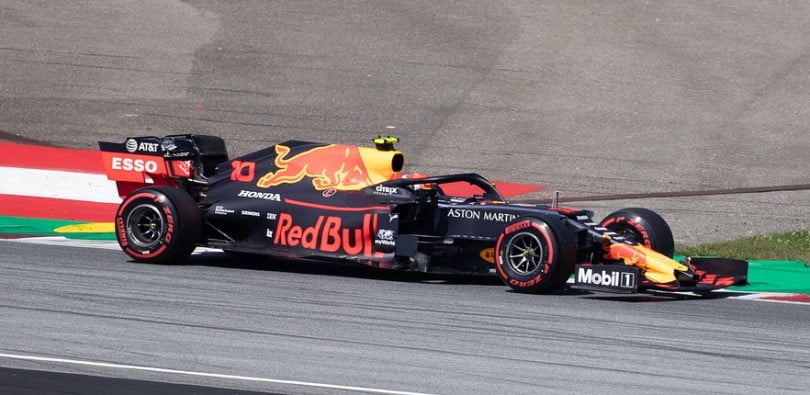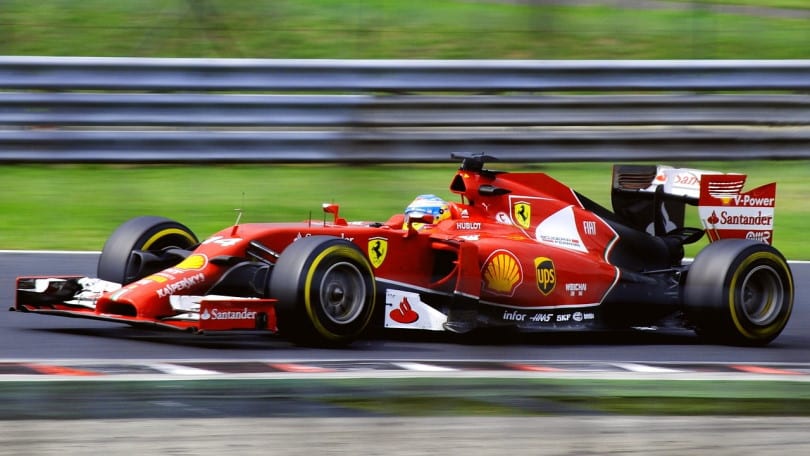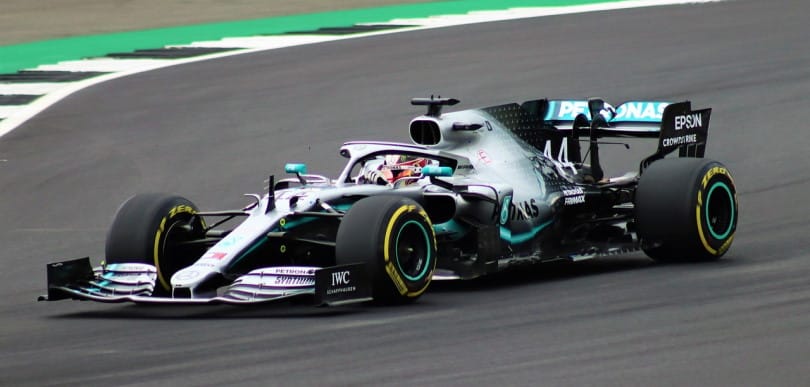Max Verstappen won his second consecutive Formula One (F1) Championship on 9th October. The Race Bull Racing driver claimed the championship with four races left on the F1 calendar, demonstrating the team’s dominance during the 2022 campaign.
While the world drivers’ championship was officially over that day in Japan, there was still a lot left for the drivers and teams of F1 to achieve.
The FIA Formula One World Championship may declare a drivers’ champion and constructors’ champion via the points table, but they also reward the teams in monetary terms based on their final standings in the constructors’ championship.
Critics of F1 claim the teams don’t care about winning the drivers’ or constructors’ titles. Opponents of F1’s structure believe the teams merely want to get the highest position possible to increase the amount of F1 prize money they receive.

The Prize Money Structure
F1 uses a model called CVC, which allocates prize money to teams. The system is slightly different than what you would see in other professional sports leagues, but that could be due to the politics behind the scenes.
Drivers are paid by the teams they are contracted to. Therefore, the CVC only distributes prize money to Formula 1 teams.
The CVC model can be broken down into seven parts. The Formula 1 prize money distribution model is as follows:
- 50% of the money earned by the CVC goes into the prize money fund. This share of the money gets distributed to the teams.
- 50% of the money earned by the CVC goes to F1 and shareholders.
- 23.7% of F1’s prize money pot is divided equally among the league’s top 10 teams.
- All teams receive transportation costs from F1.
- 23.7% of F1’s prize money pot goes to the constructors based on how they finish in the points table at the end of the campaign.
- Ferrari receives an extra 2.5% due to a special contract with F1.
- Teams that finish outside the top 10 receive $10 million for competing in the F1 championship.
Teams win prize money based on the points earned throughout the F1 season. The better the teams finish in a race, the more points they receive. The teams with the highest points at the end of the season receive more prize money.
This typically results in better performances the following year. F1 is a vicious cycle due to this system.
Being the F1 world constructor champion is prestigious. But at the end of the day, many teams simply want to make as much money as possible to remain in F1 motorsport – as it is seen as the highest level of motorsport, which comes with massive marketing opportunities.
F1 Constructors’ Championship Prize Pot
F1 is like many high-level sports these days, as it raises prize money through different means.
One of the ways it raises prize money is through the selling of broadcast rights for the races. In 2019, Sky Sports paid £1 billion for the exclusive rights to broadcast the F1 races.
Along with the broadcast rights fee, F1 adds to the prize money pot through sponsorship deals and race-hosting fees. Hosting fees are one of the major revenue growers for F1’s prize money pot. A race circuit’s organizers pay an estimated $40 million a year to host a Grand Prix race.
F1 will make approximately $700m in hosting fees annually, which is around one-third of the F1 annual revenue.
However, teams receive money in another way.
How do F1 teams make money?
F1 doesn’t just pay prize money for the constructors’ championship standings. Teams are also paid a basic fee for competing in the championship each season. F1 pays “Column 1 Money” to the competing teams, which is around $35m a team.
Prize money in the constructors’ championship is known as “Column 2 Money”. The prize money is paid to teams based on their previous season’s finishing position. Mercedes won the constructors’ championship in 2020 – resulting in the team getting $63.5m.
Additional prize money can be paid to teams based on their longevity in F1. Ferrari is one of the longest-serving F1 teams, which means they receive bonus payments simply for remaining in F1.

The Problem With Formula 1 Prize Money
Paying F1 teams based on their annual performance is seen as a way to improve competition between teams. Yet as we have seen – it doesn’t always improve competition from season to season.
The strongest teams often earn the most prize money. This money is then invested into the team, making it even stronger.
Weaker teams are in a constant state of playing catch-up. The unequal revenue sharing makes it possible for teams such as Mercedes, Ferrari, or Red Bull to dominate the sport for multiple years.
For example, before Red Bull driver Max Verstappen won the World Championship in 2021 and 2022, Mercedes had won seven straight driver’s titles.
And before that, Red Bull dominated F1 motorsport in the four years prior to the Mercedes team success. This is one of the reasons teams such as Haas and Williams simply make up the numbers in the F1 Grand Prix races and the points table.

Teams outside of the big three are likely to struggle to compete from year to year. And while they earn significant prize money on top of their base pay. These teams are not making the same amount of money as Mercedes, Red Bull, or Ferrari. In addition, the big three F1 teams have large corporations backing them.
The CVC and F1’s prize money pot rewards success on the circuit. Yet, the way money is distributed in the constructor’s championship may be pricing smaller teams out of the competition.
F1 may need to re-evaluate its prize money formula to help those lesser teams compete in the future, or the F1 championship might find they struggle to retain teams or attract new teams.



